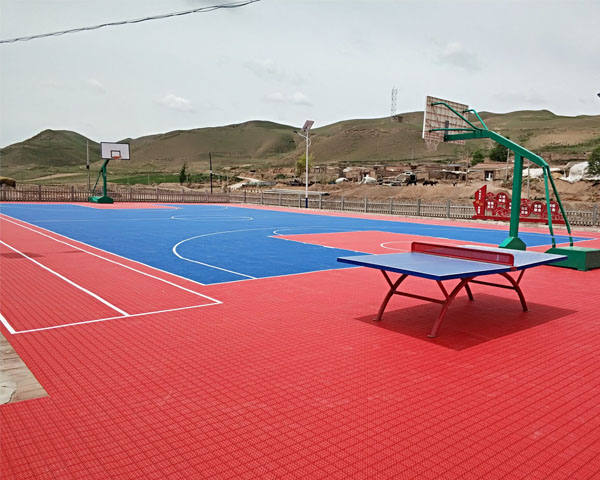Lis . 27, 2024 09:00 Back to list
Choosing the Best Flooring for Your Home Gym Space
Choosing the Right Flooring for Your Gym Room
Creating a gym room at home is an exciting venture that promotes health and wellbeing. It provides the convenience of working out in your own space, and possibly with your own schedule. However, to truly make your home gym effective and enjoyable, one crucial aspect to consider is the flooring. The right gym room flooring can significantly impact your workout experience, safety, and even the durability of your home gym equipment.
Importance of Gym Flooring
The flooring in your gym room serves more than just an aesthetic purpose. It plays a vital role in providing a safe and effective workout environment. High-impact exercises like weightlifting, aerobics, and high-intensity interval training (HIIT) can exert considerable stress on the floors. Therefore, the flooring must be capable of absorbing shock to minimize the risk of injuries to both yourself and your equipment.
Additionally, gym floorings can help in reducing noise levels. Gym activities, especially those involving weights, can generate considerable noise, potentially disrupting the rest of your household or neighbors. The right flooring can absorb sound, making for a more peaceful workout environment.
Types of Flooring Materials
1. Rubber Flooring One of the most popular choices for gym flooring, rubber is known for its durability and shock-absorbing qualities. It comes in different formats, such as rolls, tiles, or mats. Rubber flooring is slip-resistant, making it ideal for both cardio and strength training exercises. Moreover, it can withstand heavy impacts, which is why many commercial gyms use it.
gym room flooring

2. Foam Flooring Foam tiles are softer and provide excellent cushioning, making them a suitable option for activities like yoga or Pilates. They are lightweight, easy to install, and can be arranged in a customizable way. However, foam flooring may not be the best choice for heavy-weight lifting, as it can compress under heavy loads.
3. Carpet Tiles While not as common as rubber or foam, carpet tiles can be a warm and comfortable option for your gym floor. They add a cozy feel to the space and can be easily replaced if damaged. However, they may not provide enough protection against heavy lifting and should be used in areas focused more on cardio and flexibility workouts.
4. Vinyl Flooring Vinyl is an increasingly popular choice for gym rooms due to its versatility and aesthetic appeal. It is easy to clean, water-resistant, and can mimic the appearance of hardwood or stone. However, it may not provide adequate shock absorption, so it is best paired with mats in areas where heavy weights are lifted.
Installation and Maintenance
When selecting flooring for your gym room, installation and maintenance of the material are important factors to consider. Some flooring options like interlocking tiles are DIY friendly, while others may require professional installation. You should also consider the ease of cleaning and maintenance; for instance, rubber flooring typically only needs a simple wipe-down, whereas carpet tiles may require deeper cleaning to remove sweat and odors.
Conclusion
In conclusion, the flooring for your gym room is a decisive element that can enhance your workout experience and ensure safety. Rubber flooring stands out as a versatile option for its durability and shock absorption, while foam tiles offer a cushioned experience for low-impact workouts. Whichever material you choose, ensure that it aligns with the types of workouts you plan to do. By investing the time to select the right flooring for your gym room, you’ll create a more functional, comfortable, and inviting space that supports your fitness goals.
-
Professional Tennis Court Lining Services Pickleball Court Marking Experts
NewsJun.24,2025
-
Pickleball Court for Sale - Premium Flooring Solutions for Sports Venues
NewsJun.10,2025
-
Maple Grove Outdoor Pickleball Courts - Premium Conversion & Durable Materials
NewsJun.10,2025
-
Best Pickleball Outdoor Courts Solutions Convert Tennis Courts, Outdoor Covered Courts, Maple Grove Options
NewsJun.10,2025
-
Convert Tennis Court to Pickleball Fast & Affordable
NewsJun.09,2025
-
Indoor Outdoor Pickleballs Durable & All-Weather for Any Court Play
NewsJun.09,2025

